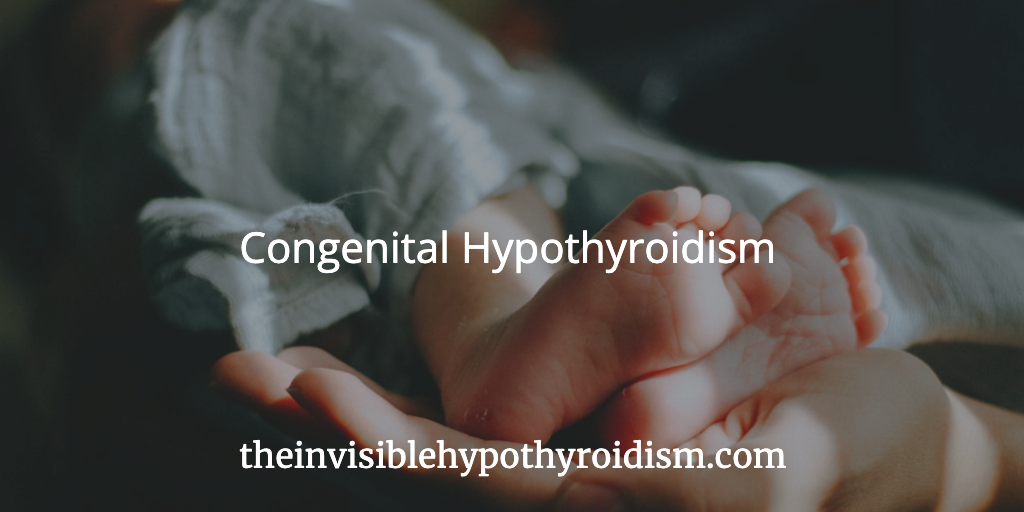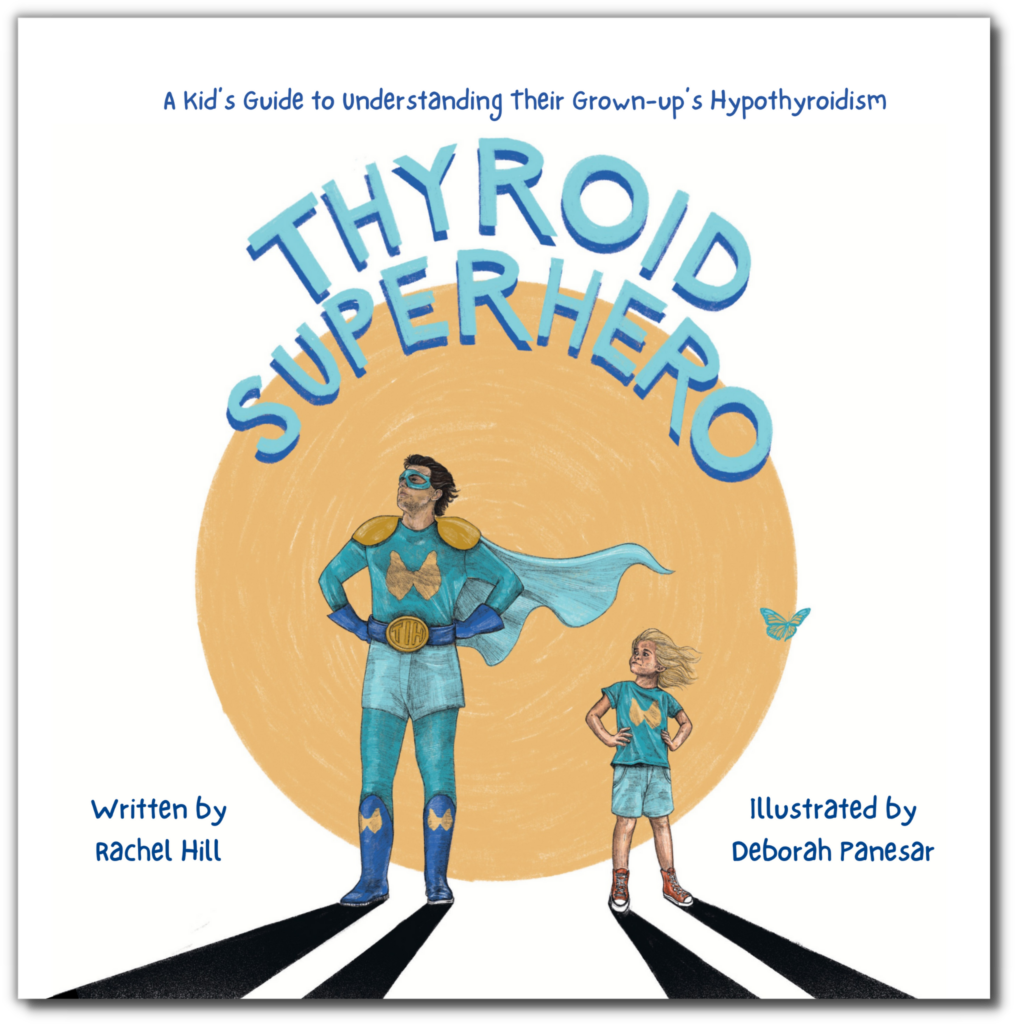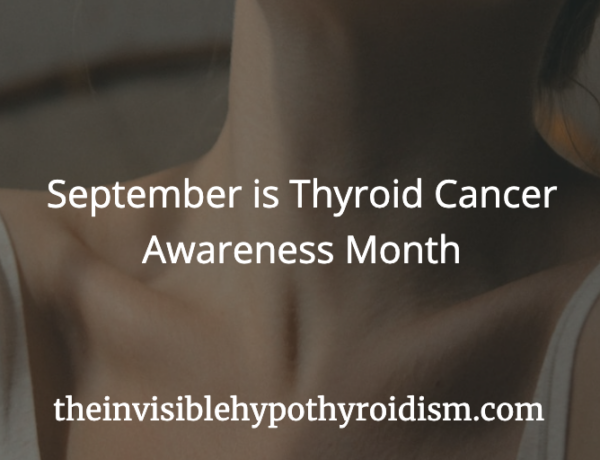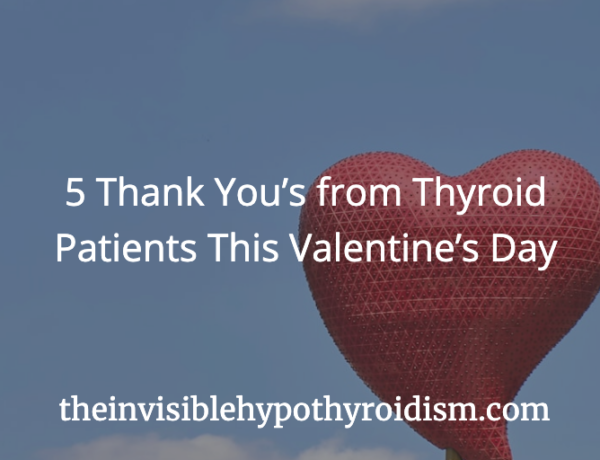Originally published on 7th April 2016 Last updated on 19th July 2024
The term ‘congenital’ means that a condition is present at birth. Congenital hypothyroidism is therefore present in an infant from birth and it is usually diagnosed at birth, too.
Congenital hypothyroidism can be hereditary and the most common cause of hypothyroidism in children is a family history of the disease.
For some babies with congenital hypothyroidism, their thyroid gland does not form in its normal position in the neck, in others, the gland does not develop at all and for others, it is underdeveloped. However, despite which of these may apply to the child, the hypothyroidism is present in all, which is essentially a lack of thyroid hormone.
Related Post: Can I Prevent My Child From Developing Hashimoto’s or Hypothyroidism?
How Common is Congenital Hypothyroidism?
The BTF estimates that 1 child in every 3,000 children in the UK are born with hypothyroidism. [1]
There is also a children’s book called An Unexpected Outcome: The Heel Prick Test, which explains what it means to live with congenital hypothyroidism to a child who has it. This can be useful when explaining what it means to friends and family too.
How is Congenital Hypothyroidism Diagnosed?
Screening is performed at about five days old, with a heel-prick blood test. A small amount of blood is usually tested.
Once a child has been diagnosed with hypothyroidism, they should be referred to a paediatric endocrinologist. This specialist will likely become responsible for their treatment and management. A child’s thyroid medication is likely to change as they grow and develop, so it’s important that they attend all tests and check-ups.
What Are the Symptoms of Congenital Hypothyroidism?
Most children born with congenital hypothyroidism look ‘normal’ and have no obvious symptoms, which is why it is important that all children are tested at birth.
Some babies with hypothyroidism are sleepy and difficult to feed, although lots of babies have these symptoms without being hypothyroid.
Other symptoms in babies may include constipation, high birth weight, low muscle tone, dry skin, low body temperature and poor growth. As long as it is caught early on and medicated correctly, it shouldn’t greatly impact the child’s life, though.
However, if standard T4-only medication (such as Synthroid and Levothyroxine) doesn’t seem to be helping them thrive with thyroid disease as they grow, you may discuss other options with their doctor. Bare in mind however, that few doctors are comfortable prescribing anything outside of T4 synthetics.
Congenital Hypothyroidism Treatment
Medication is usually needed for life, and it is important that doses aren’t missed. The medication usually given is T4-only, such as Levothyroxine.
Signs and symptoms of hypothyroidism, including one that may not be optimally treated, include:
- Tiredness or fatigue
- Poor stamina
- Feeling weak
- The need to nap more than others
- Long recovery period after activity
- Arms feeling like dead weights after activity, limb numbness
- Inability to exercise, or withstand certain exercises
- Diagnosis of Chronic Fatigue Syndrome
- Sensitivity to cold or heat
- Weight gain and inability to lose weight
- Unintentional weight loss (less common)
- Constipation
- Depression
- Anxiety
- Feeling more emotional than usual / mental health struggles
- Slow movements, speech and thoughts
- Brain fog, confusion and memory problems
- Itchy and sore scalp.
- Dry, tight skin. Eczema.
- Muscle aches, pains, cramps and weakness
- Poor appetite
- Brittle hair and nails
- Hair loss
- Numbness in limbs
- Migraines and headaches
- Hoarse voice
- A puffy-looking face, “Moon Face”
- Thinned or partly missing eyebrows
- A slow heart rate or one that increases more so than a healthy person’s after physical activity (e.g. after walking up the stairs or emptying the washing machine)
- Hearing loss, tinnitus
- Anaemia
- Poor circulation
- Acid reflux
- Poor levels of iron, B12, Vitamin D etc.
- IBS / gut issues
- Easy bruising
- Swollen legs that impede walking
- Frequent shin splints
- Difficulty standing on feet for long
Children with hypothyroidism or non-optimally treated hypothyroidism may also experience poor growth, develop their adult teeth later than other children, have delayed puberty and poor mental development or mental health difficulties.
If your child is on medication yet is still presenting these symptoms, then it could be wise to ensure that a full thyroid panel is tested and that levels are optimised. Other thyroid medication options may be beneficial at helping to achieve this.
As long as congenital hypothyroidism is caught early on in life and medicated optimally, it shouldn’t greatly impact the child’s life.
The NICE Guidance, as of January 2022 state:
For children aged 2 years and over and young people taking levothyroxine for primary hypothyroidism, consider measuring FT4 and TSH every 6 to 12 weeks until the TSH level has stabilised (2 similar measurements within the reference range 3 months apart), then every 4 to 6 months until after puberty, then once a year.
For children aged between 28 days and 2 years who are taking levothyroxine for primary hypothyroidism, consider measuring FT4 and TSH every 4 to 8 weeks until the TSH level has stabilised (2 similar measurements within the reference range 2 months apart), then every 2 to 3 months during the first year of life, and every 3 to 4 months during the second year of life. [2]
Do you have congenital hypothyroidism or know someone who does?
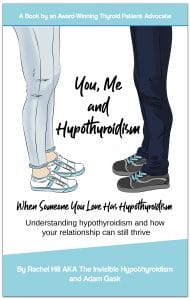
A Book for Our Children:
Thyroid Superhero: A Kid’s Guide To Understanding Their Grown-up’s Hypothyroidism, which helps children to understand their caregiver’s thyroid medication, flare days, symptoms and much more.
You can click on the hyperlinks in the above post to learn more and see references to information given.
References:
[1] https://www.btf-thyroid.org/information/leaflets/42-congenital-hypothyroidism-guide
[2] https://www.nice.org.uk/guidance/ng145/chapter/recommendations

